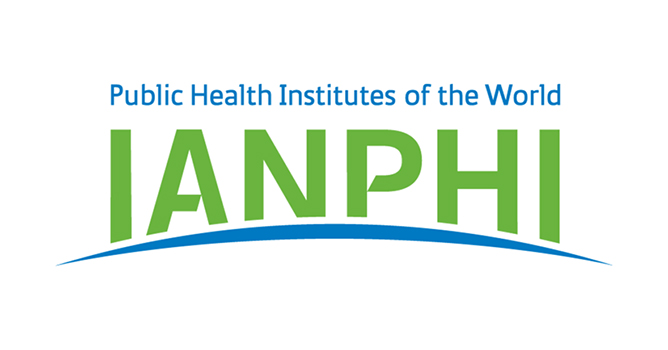
GHSCO Newsletter
June 2025
Volume2 Number2
News2
IANPHI General Assembly Highlights Four Key Public Health Achievements
The IANPHI (International Association of National Public Health Institutes) General Assembly, held on April 10, 2025 in Maputo, Mozambique highlighted four outstanding achievements, showcasing impactful initiatives from around the globe in strengthening public health infrastructure and response capacity. These recognitions underscore the diverse and critical roles played by National Public Health Institutes (NPHIs) in addressing complex health challenges.

<IANPHI Regional Network>
Europe:
Finland's Proactive Influenza Response
Finnish National Institute for Health and Welfare (THL) was honored for its exemplary work in managing an influenza epidemic on fur farms. The institute demonstrated robust collaboration with various authorities to contain the virus's spread from animals to humans, emphasizing a crucial "One Health" and "planetary health" perspective in their approach. This recognition highlights the importance of inter-sectoral cooperation in preventing zoonotic spillover events.
Latin America and Caribbean:
Mexico's Public Health Centric Restructuring
The National Institute of Public Health of Mexico received recognition for its significant restructuring efforts. The institute successfully reoriented its core activities to place public health at the forefront, fostering stronger linkages between research and education. This strategic overhaul involved consolidating educational programs and establishing dedicated research and education groups, aiming to cultivate a more integrated and impactful public health ecosystem.
Africa:
Mozambique's Community-Level Data Innovation
Mozambique was acknowledged for its pioneering work in establishing a system to collect vital data at the community level. This innovative approach allows for a clearer understanding of birth and death profiles across the country, providing essential information for public health planning and interventions. Notably, this successful system is now being considered as a model for implementation in other African nations, showcasing its potential for broader regional impact.
Asia:
The Republic of Korea's Global Health Security Leadership
The Korea Disease Control and Prevention Agency (KDCA) was celebrated for the establishment of its Global Health Security Coordination Office (GHSCO). As a significant step in bolstering global health security, GHSCO has already initiated a core personnel training program for ASEAN member states. This program aims to enhance infectious disease response capabilities across the region, demonstrating Korea's commitment to fostering international collaboration and strengthening global health security preparedness.
These recognitions collectively highlight the innovative and dedicated efforts of NPHIs in building resilient health systems and addressing pressing public health challenges worldwide.
For further details